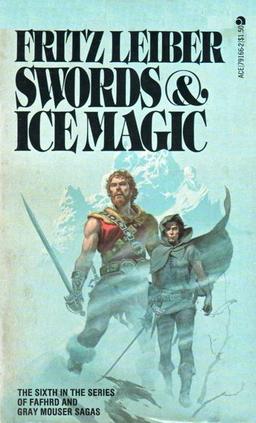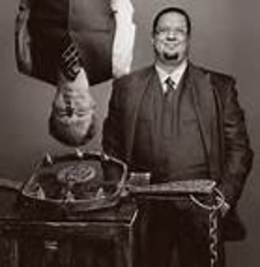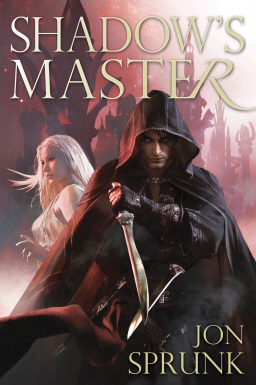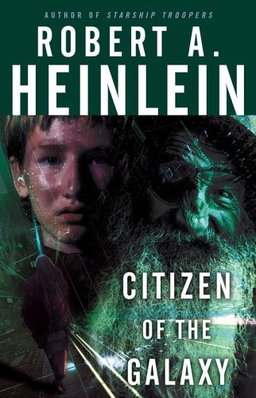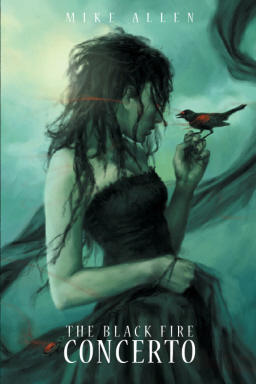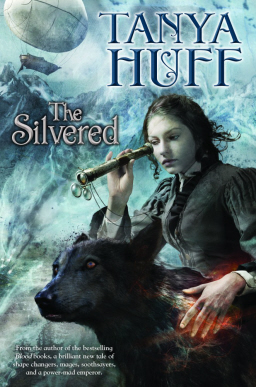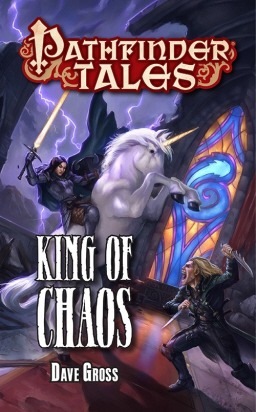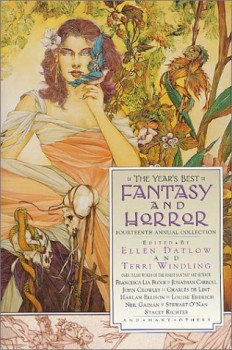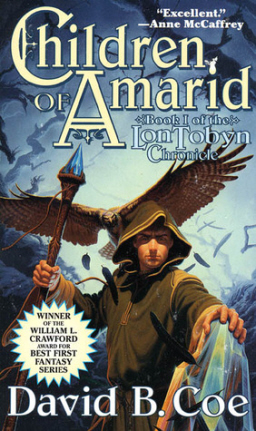“And They All Lived Happily Ever After”
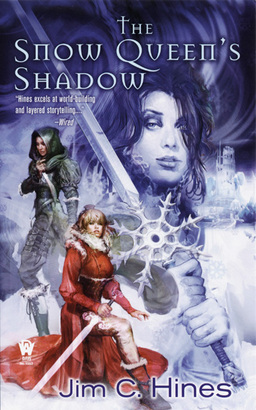 Not a lot of exposition in that type of ending, was there? Didn’t tell us much of what happened “after” – which actually turned out to be quite handy, when you consider the number of writers who have gone on to tell that “after” tale. Take Jim Hines and his Princess Novels, for example, where we learn the true, ever-after fates of Cinderella, Snow White, and Sleeping Beauty.
Not a lot of exposition in that type of ending, was there? Didn’t tell us much of what happened “after” – which actually turned out to be quite handy, when you consider the number of writers who have gone on to tell that “after” tale. Take Jim Hines and his Princess Novels, for example, where we learn the true, ever-after fates of Cinderella, Snow White, and Sleeping Beauty.
We no longer see much of that type of ending, perhaps because when that phrase was used more often than it is now, there was an understanding of what “after” meant, and what “happiness” was, that removed the need for any further details.
What I’m really talking about here, of course, is that old story structure chart we were taught in school, the action that rises to the climax, followed by the denouement. Where “climax” is defined by “the point at which you know how the story ends” and “denouement” is defined by “what happens after that point” – or, as we might call it, the final exposition.
We’ve all had the experience, when discussing a movie or a book with our friends, of finding that some of us want the “final” explanation, the wrap up after the climax, and some of us are satisfied that we know what happens “after,” without having it spelled out for us.
The fact is that often where you as the writer want to stop isn’t where readers want you to stop – or so my editor tells me. In my own case, with my first novel, The Mirror Prince, I had what I thought was the perfect spot to end the story. Both my agent and my editor told me that I had to tell a little bit more, that the readers would want to know what happened after.
